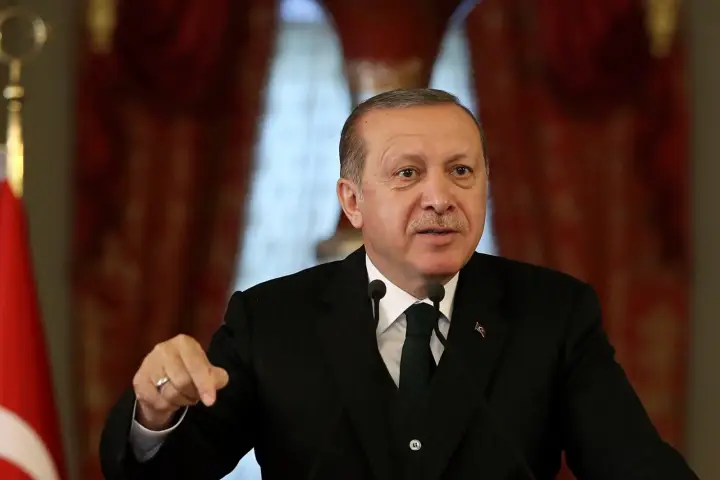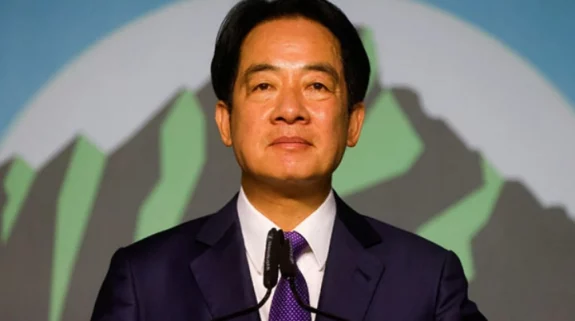The Turkish lira has been the worst performing currency in the world in 2021. All indications are that the new year will not be any better for the Turks. On the last day of the year, the lira was valued at 13.35 to a dollar while it was 7.5 to a dollar in January.
After touching 18.4 to a dollar on December 20, the lira gained considerably for a week but once again it is on a free fall mode. Terming Turkish President Recep Tayyip Erdogan’s policies “voodoo economics”, the Economist said that the country’s currency woes are likely to get worse in the new year. Erdogan even cited religious reasons for continuing with low interest rates, referring to the banking principles of Islam. “Muslim faith prevented him from supporting rate hikes,” he said.
High inflation, a “compromised” Turkish Central Bank—senior Central Bank officials including the governor and deputy governor have been replaced in the last few months along with instability in the political situation have led to the rapid devaluation of the lira.
Also read: Turkish lira in free fall after Erdogan refuses to raise interest rates citing Islamic principles
While the government took several measures to support the falling lira, including insuring a part of lira deposits against any swing in the exchange rate, Erdogan has adamantly continued with a low interest rate policy. For currencies to perform, countries need strong governments which allow their central banks full autonomy.
“For a currency this can be a central bank capable of keeping inflation at bay, or a stable and predictable government to reassure nervous investors. Since today’s Turkey has neither, its swooning currency, the lira, has had to look elsewhere for help,” the Economist said, adding that it has only obscured, or even heightened, the risks to Turkey’s economy.
The weakening lira has led to an erosion of the citizens’ savings, “upending household budgets,” Reuters had earlier said.
“In such times the role of central banks gets magnified and they need to be allowed to take decisions independently, that definitely is not the case and on top of that the country’s inclusion to the Financial Action Task Force’s (FATF) grey list has also impacted the lira,” an analyst told India Narrative.




















